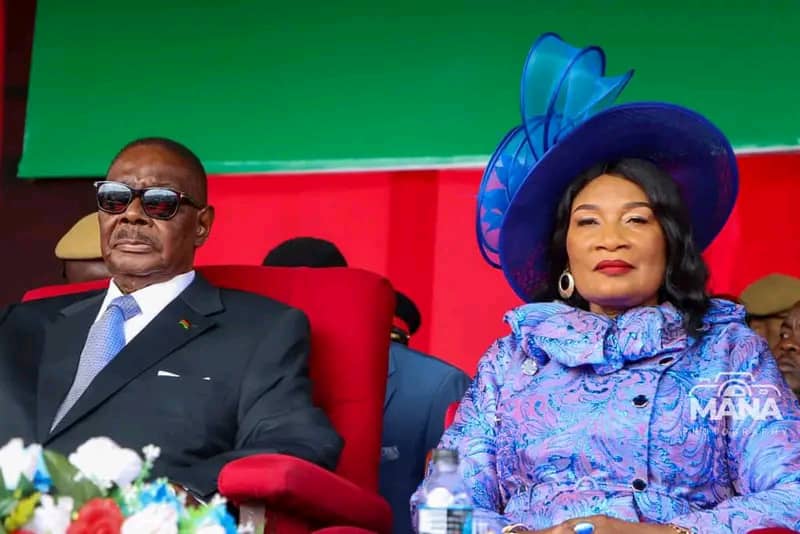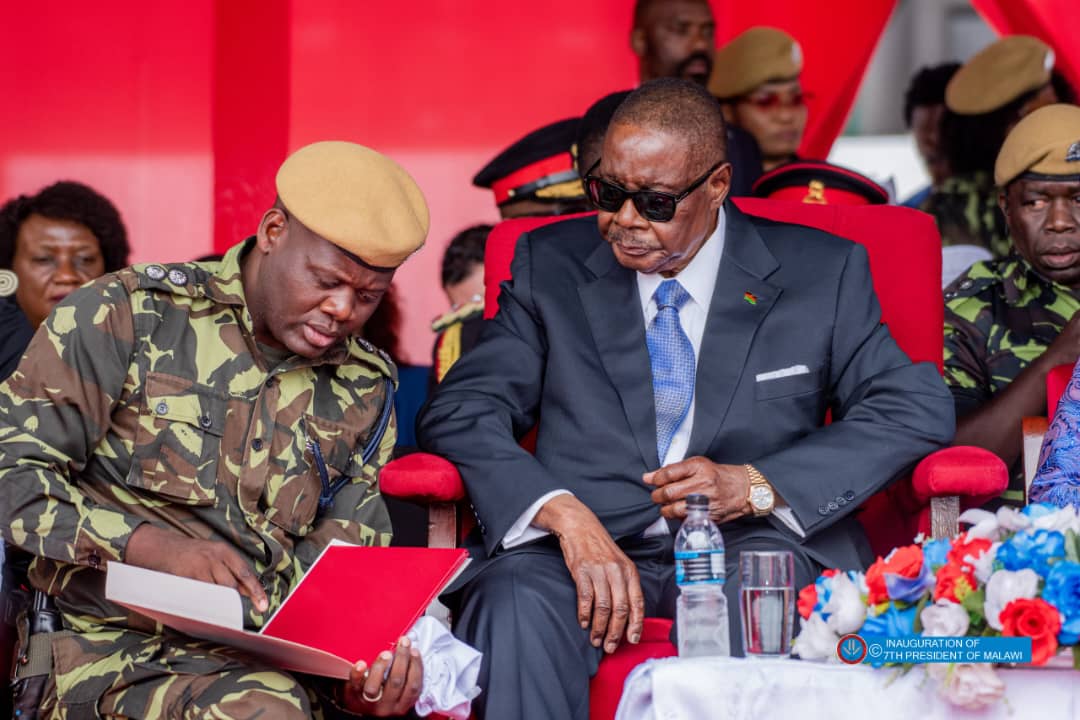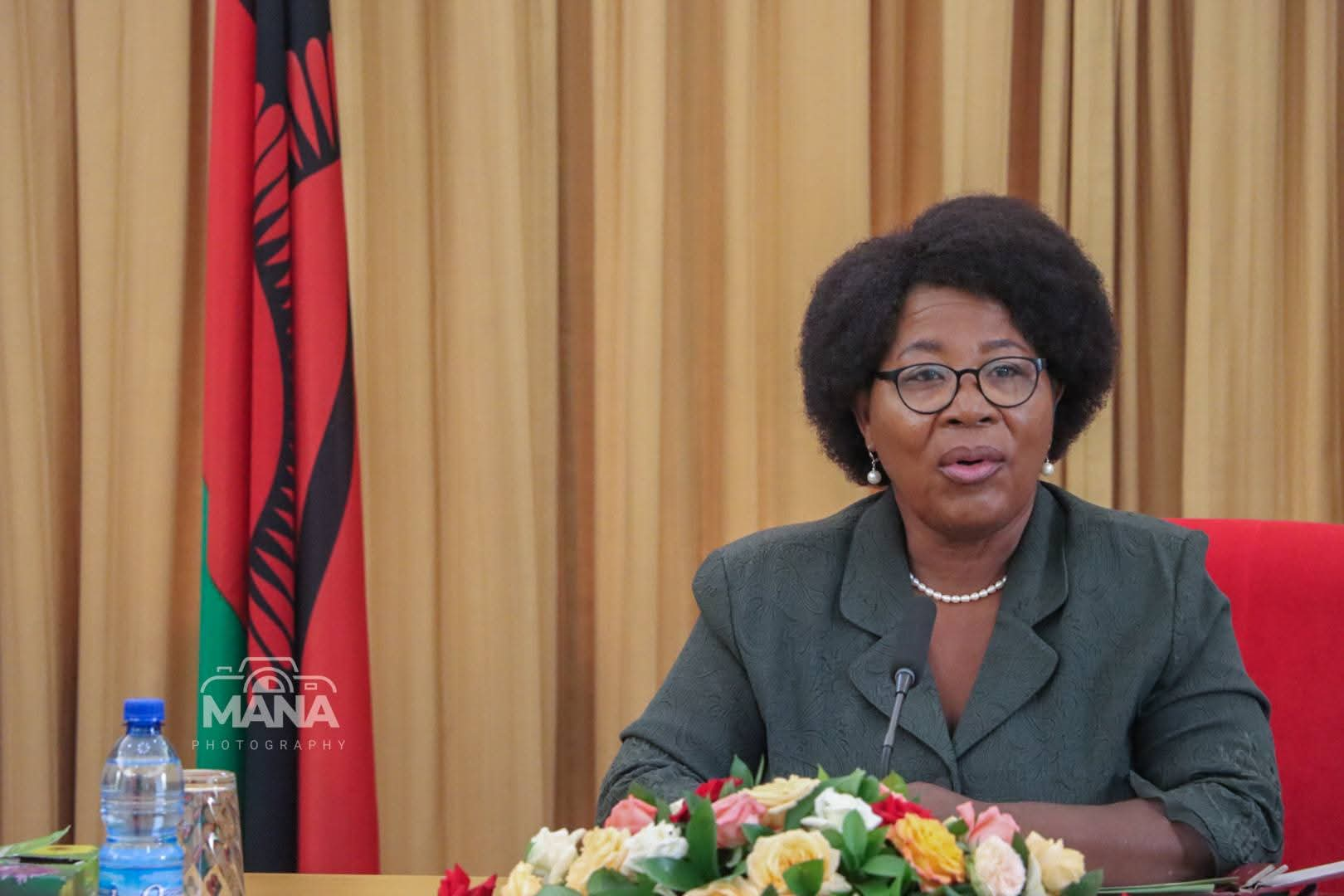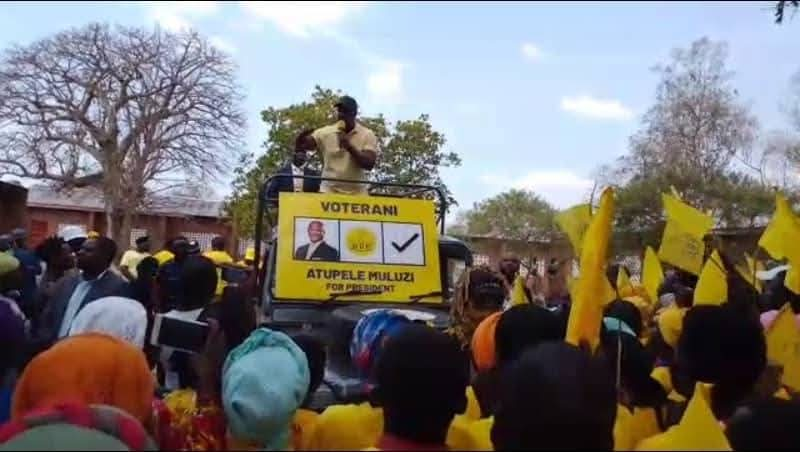
A Comprehensive Analysis of Leadership, Vision, and Challenges for the DPP Government
By Burnett Munthali
President Professor Arthur Peter Mutharika’s inauguration on 4 October 2025 marked a defining moment in Malawi’s political history, as he outlined a bold agenda for national renewal.
He began by proclaiming the return of the Democratic Progressive Party (DPP), describing the victory as both divinely guided and the will of the Malawian people.
Mutharika underscored the centrality of integrity in governance, emphasizing that his administration would fulfill its promises through tangible actions rather than empty rhetoric.
He stressed that true change must start with individuals, calling on citizens and public officials alike to embrace responsibility, discipline, and a commitment to service.
The President warned against self-enrichment and corruption, noting that the “feasting spirit” that had plagued past administrations would no longer be tolerated.
He framed public office as a trust to serve the people, not an avenue for personal or familial gain, signaling an uncompromising stance on accountability.
Mutharika emphasized that the challenges facing Malawi, including economic stagnation, high living costs, and institutional weaknesses, were largely man-made and therefore solvable.
He pledged to work closely with Vice President Justice Dr. Jane Ansah to restore order, integrity, and efficiency within government institutions.
The President appealed to Malawians to rise above tribal, political, and personal divisions, reinforcing the principle that Malawi belongs to all its citizens.
He extended heartfelt gratitude to the electorate, alliance partners, and the Democratic Progressive Alliance for their role in securing a credible and peaceful electoral process.
Religious leaders were also recognized for their moral guidance and advocacy against corruption, abuse of office, and state-sponsored violence, underscoring the ethical dimension of governance.
Mutharika thanked the international community, including SADC, UNDP, and diplomatic missions, for supporting Malawi’s credible elections, emphasizing the importance of continued foreign engagement.
He issued an invitation to international investors, framing Malawi as an open and trustworthy destination for economic partnerships and development support.
The President specifically acknowledged support from the United States, United Kingdom, and European community for standing against corruption and mismanagement of public resources.
He outlined the DPP government’s vision, describing a comprehensive blueprint aimed at rebuilding Malawi’s economy, infrastructure, and governance structures.
Mutharika candidly highlighted the immediate economic challenges, including food insecurity, foreign exchange shortages, fuel crises, and high borrowing, warning that addressing them would require difficult decisions.
He positioned the economic and governance crises as opportunities for transformative leadership, stressing that problems created by humans can be resolved by humans through discipline, effort, and unity.
The President warned that rebuilding Malawi would not be easy, promising rigorous, sometimes painful reforms while urging patience and collective effort from citizens.
He presented the DPP manifesto as a “pledge for total transformation,” signaling a long-term vision that integrates economic revival, governance reform, and citizen empowerment.
Mutharika concluded by thanking regional colleagues, international partners, and Malawians for their trust, framing his administration as prepared to govern with accountability and purpose.
In essence, the speech was both a declaration of intent and a moral compass, calling for unity, discipline, and action to address Malawi’s structural challenges.
It balanced critique of past governance failures with a forward-looking roadmap, emphasizing service, transparency, and ethical leadership as pillars of the DPP agenda.
By integrating national, regional, and international dimensions, Mutharika’s address set expectations for a government determined to restore public trust, strengthen institutions, and deliver measurable progress.
The speech underscored a leadership style grounded in accountability, citizen-centered governance, and strategic planning, signaling a new chapter in Malawi’s political and economic journey.




